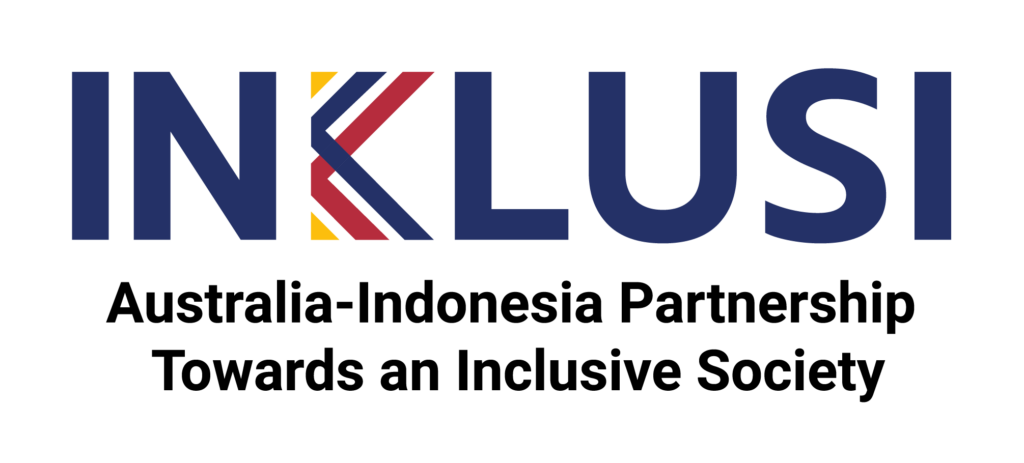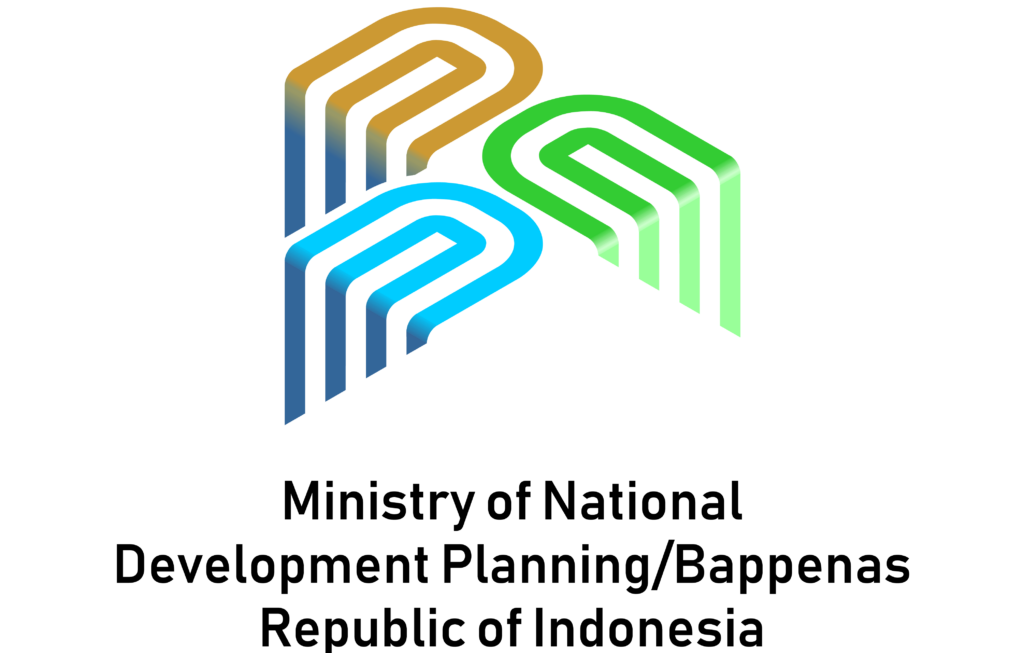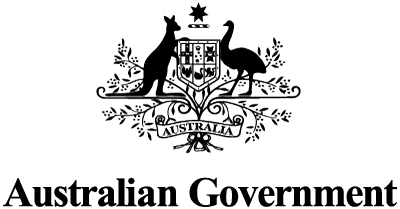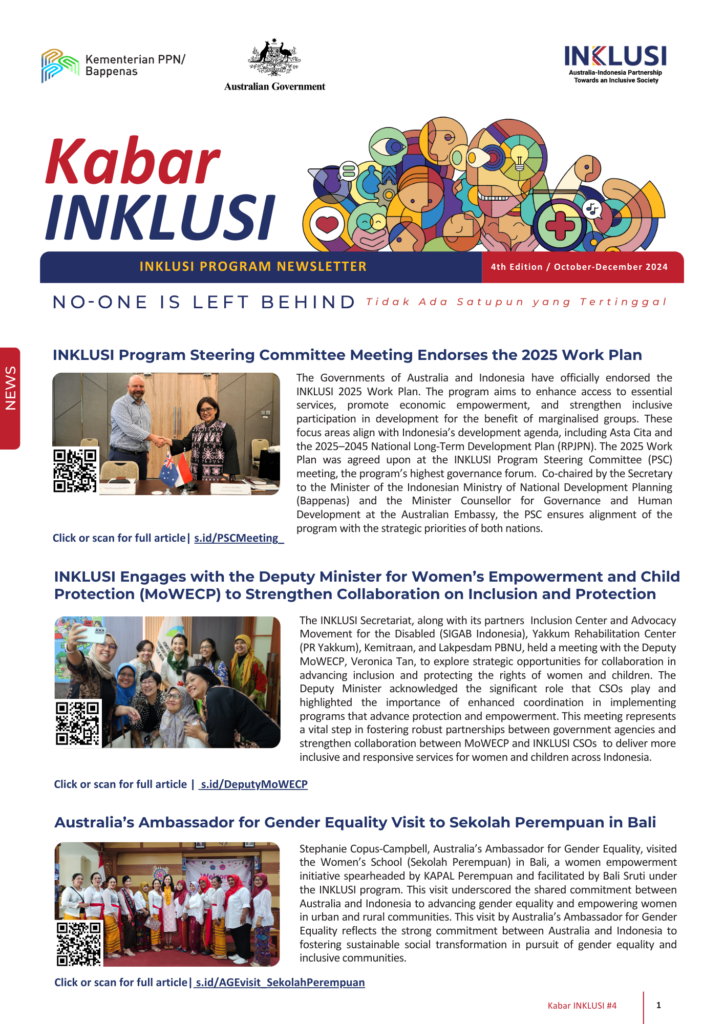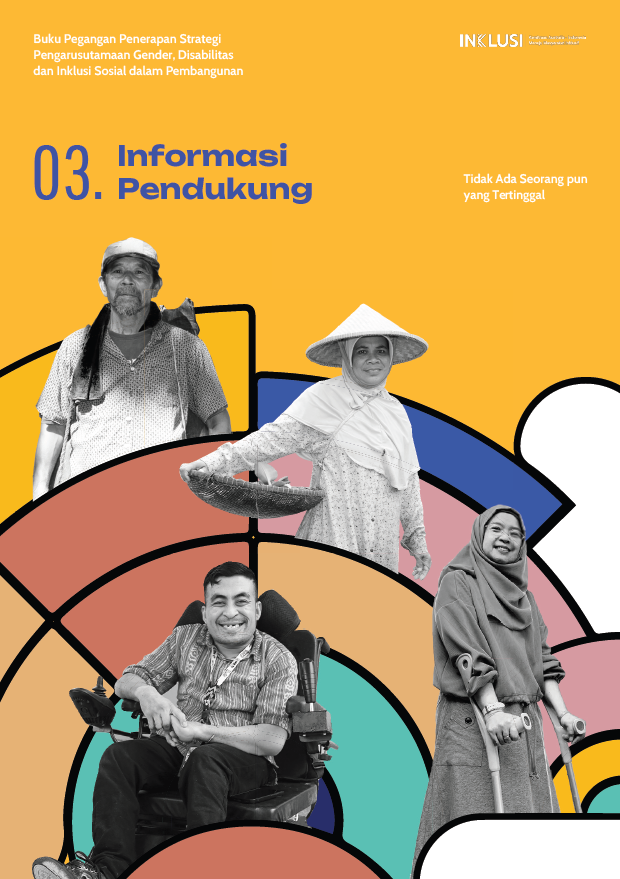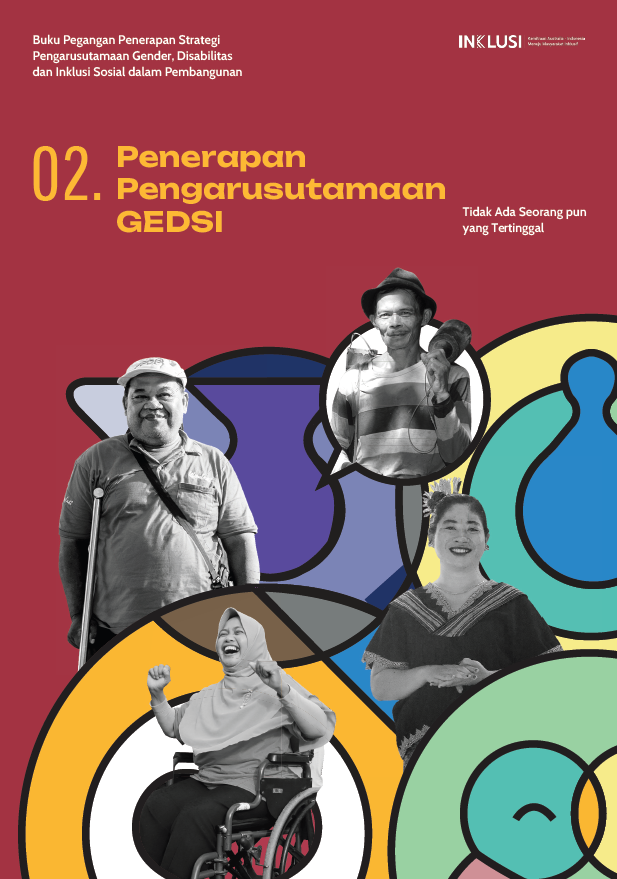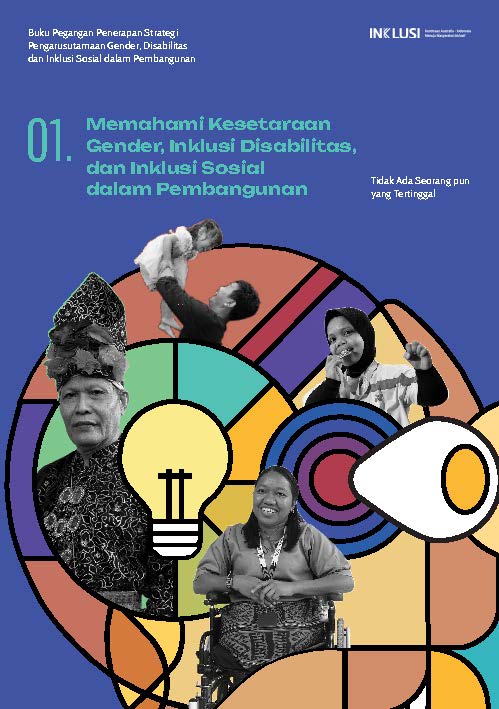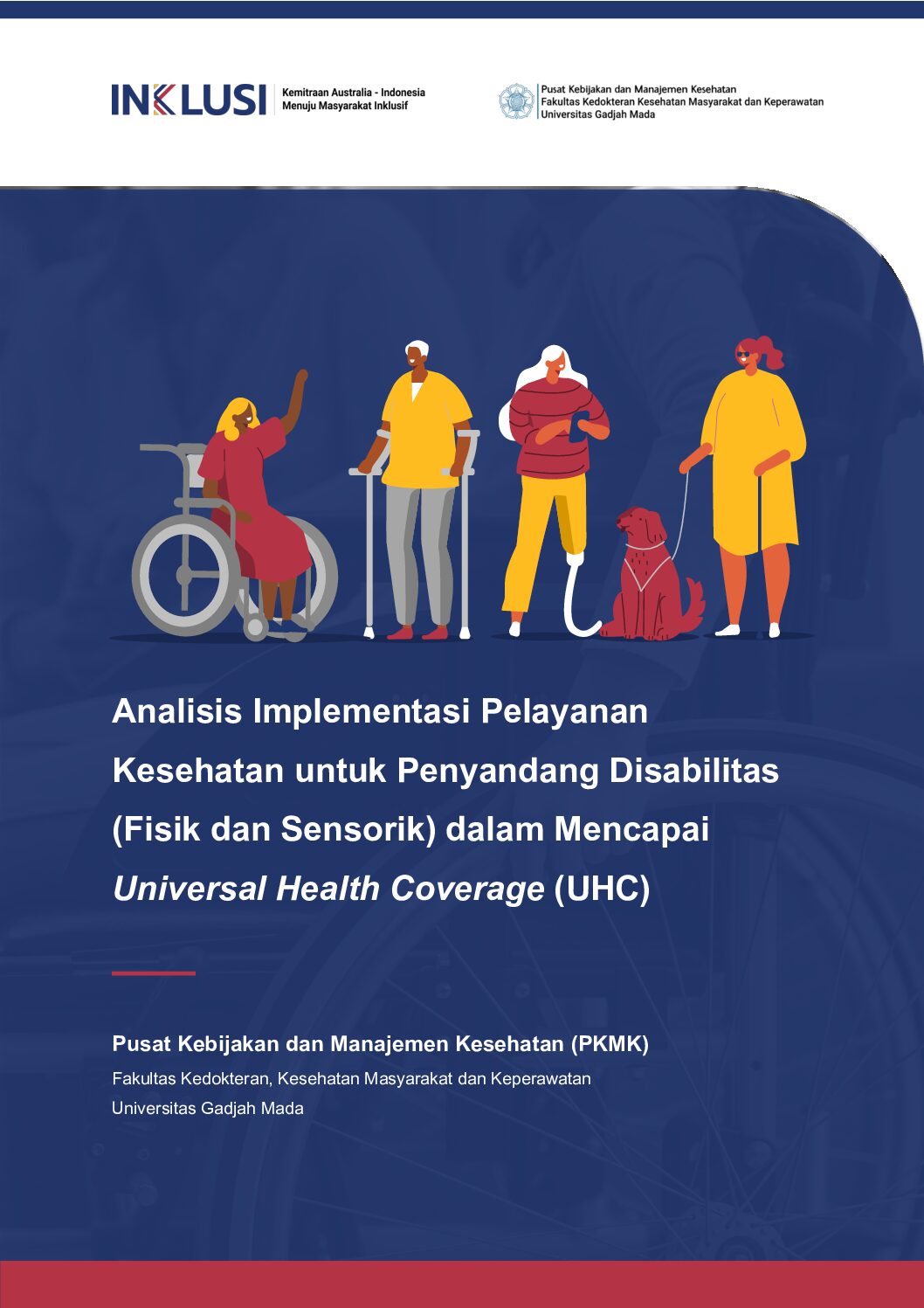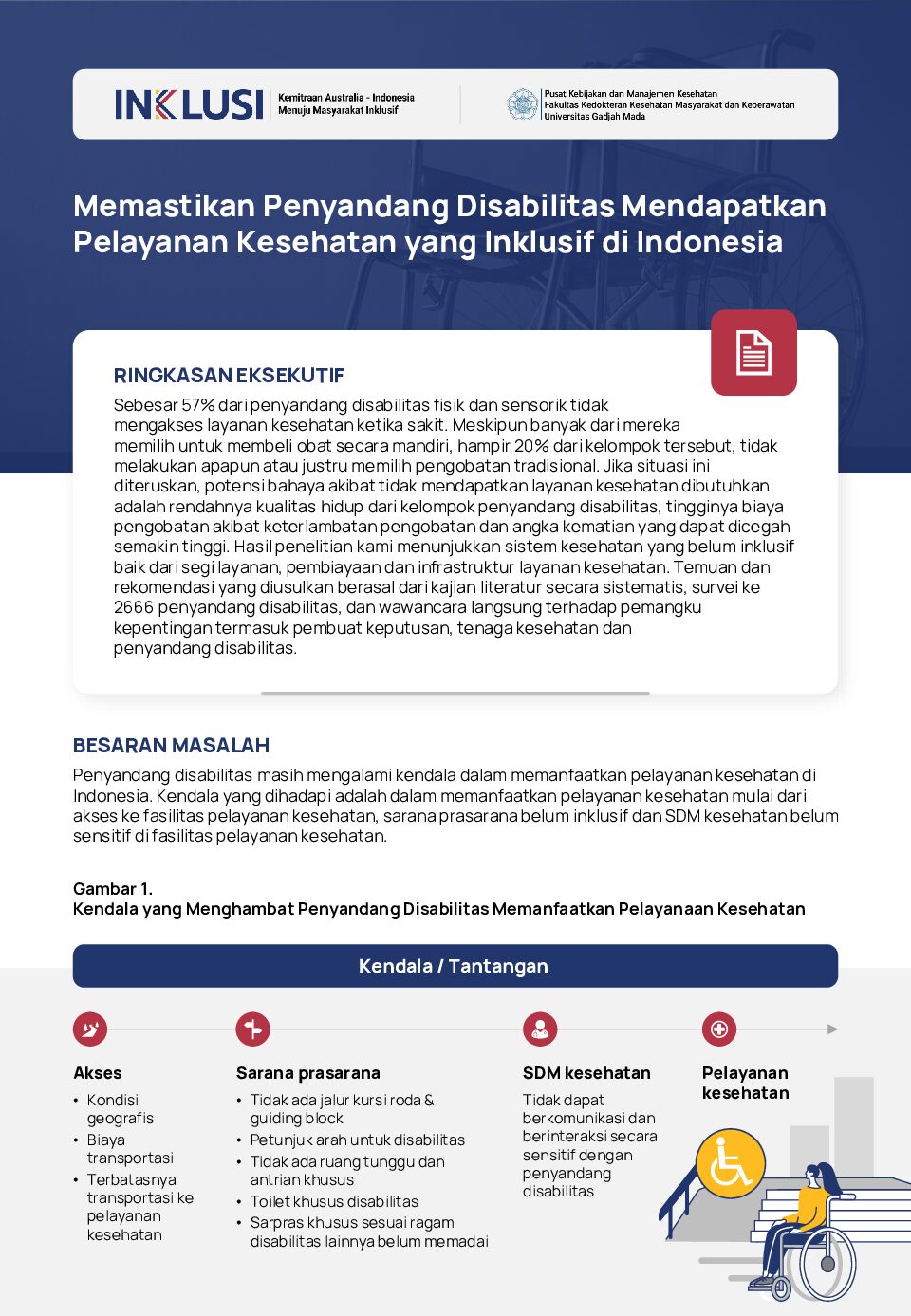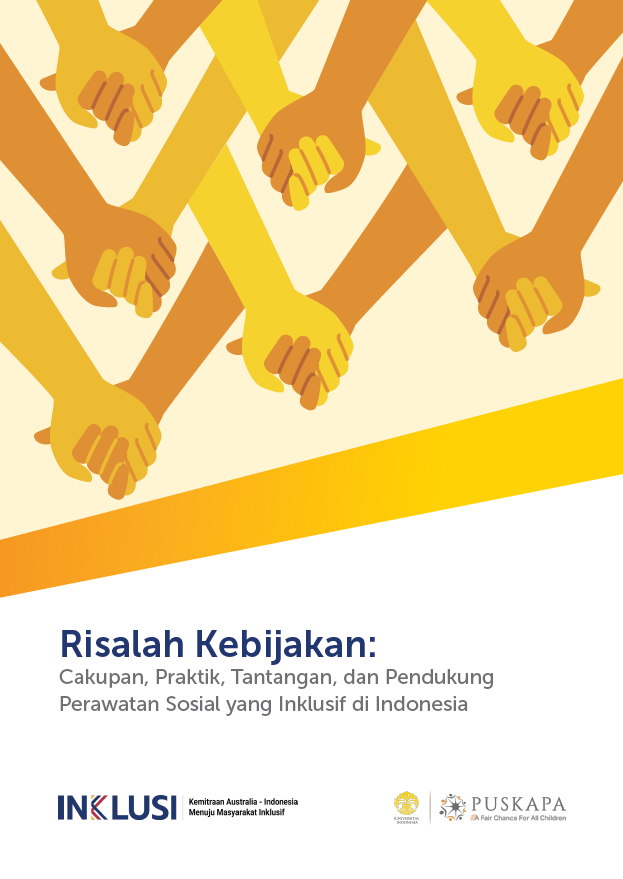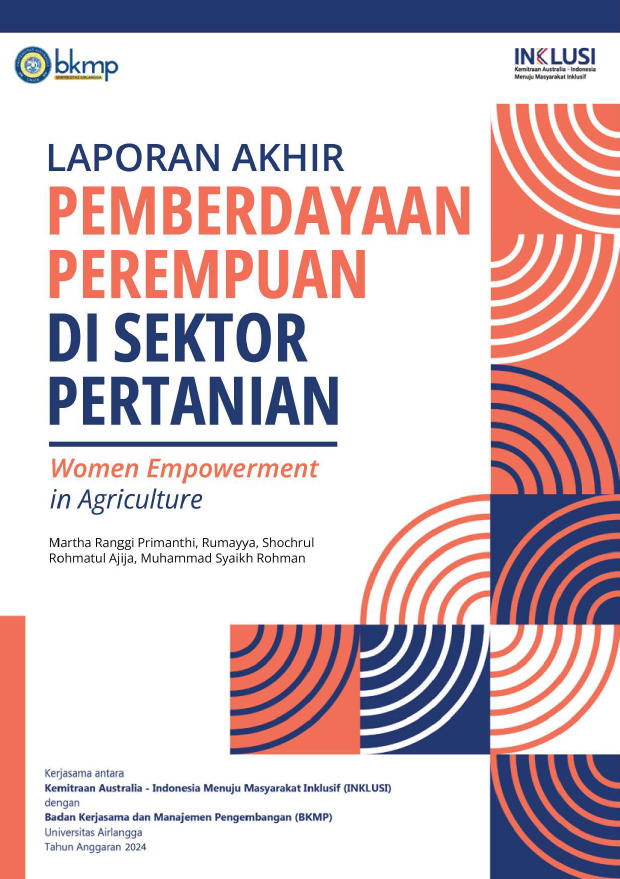The Australia-Indonesia Partnership Towards an Inclusive Society, or INKLUSI, is working to increase the participation of marginalised groups in, and their benefit from, Indonesia’s socio-cultural, economic and political development. INKLUSI works with government and civil society partners to advance their work in gender equality, the rights of persons with disabilities and social inclusion. INKLUSI supports the Government of Indonesia’s agenda for inclusion, including through national development plans and the Sustainable Development Goals.
NKLUSI is a five-year bilateral Australian and Indonesian Government program (up to A$75 million over 2021-2026) with a possible 3-year extension of up to A$45 million (2026-2029). It is partnering with 11 Indonesian Civil Society Organisations (CSOs), 8 research partner institutions and their networks across 32 provinces, >120 districts, and >800 villages in Indonesia.
Read our newsletter ‘Kabar INKLUSI’ to know our activities during October – December 2024.
